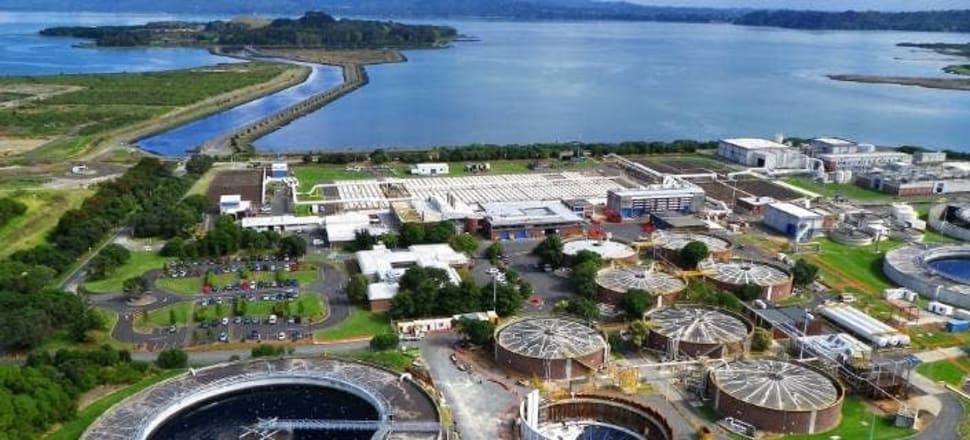
A prompt start to the new Auckland-Northland reformed water entity is forecast to save households hundreds of dollars a year, on planned increases to water charges
A Government decision to stick to the original July 2024 start date for the country's biggest new water corporation could save northerners compared with residents elsewhere in the country.
But Newsroom analysis of Internal Affairs spreadsheets raises some questions about officials' assumptions.
A projected plateau in household water charges from 2029-32, followed by a couple of years of reducing charges in real terms, is predicated on an assumption that the numbers of households will continue to rise at the same rate as drinking water and wastewater revenues.
READ MORE: * Select committee slates officials usurping democratic process * Budget: Time to pay the piper for Three Waters IT system * Jonathan Milne: Water reforms cost more than just money
It appears consultants have started with an expectation that prices will flatten then drop in real terms, and worked backwards from there to the revenue and household projections.
The Cabinet noted on May 15 that there was "a strong case" for establishing the Auckland and Northland water corporation earlier than the other new entities. "This would deliver tangible and immediate benefits for Auckland and Northland customers and communities," ministers agreed.
According to a Cabinet paper that day, work undertaken to date on that entity's (Entity A) draft initial asset management plan and funding and pricing plan indicated there was an opportunity to keep prices in Auckland at close to their current level in real terms. It would, the paper said avoid the "near doubling of charges" currently projected in Auckland Council’s 2021-31 long-term plan.
It would bring average household charges in Northland (Far North, Whangārei and Kaipara) down to near Auckland levels, the paper said, while also increasing investment relative to all four councils’ current long-term plans.
Hamiora Bowkett, the executive director of Internal Affairs' water services reform programme, says a key factor in the decision to have the Northland and Auckland entity go live according to the original schedule, in July 2024, is the progress made in developing the entity’s draft initial asset management and funding and pricing plans.
"At this stage it is likely these draft plans will demonstrate increased investment and improved service levels relative to local authorities’ 2021-31 long term plans," he predicts.
"It is expected they will show how household charges for water services will remain affordable in Auckland, moderating currently projected increases in charges over the next 10 years.
"We also anticipate the initial funding and pricing plan will propose to bring average household charges in Northland down to similar levels to those in Auckland, delivering tens of millions of dollars in annual customer savings relative to projected price increases in council long-term plans.
Of the four councils in Entity A, only Auckland's Watercare has laid out a 10-year price path for its council's 2021-31 longterm plan. The other three councils have been waiting on the outcomes of Three Waters reforms – Kaipara District Council says its pricing path will be in its 2024-34 longterm plan.
But Internal Affairs has made its own projections for how much residents in each of the country's 67 city and district councils will pay each year for their water, through to 2054.
It's contrasted them with initial plans for four supra-regional water corporations, which it says would save households between 49 percent (Napier) and 91 percent (Far North) in 2054.
It then contrasted them with this year's new Government plants for 10 regional corporations, which it says would still save households in the Far North 91 percent in 2054, but have fewer cost benefits for some other councils. For instance, Napier residents would save just 18 percent compared to sticking with their own council as water provider.







